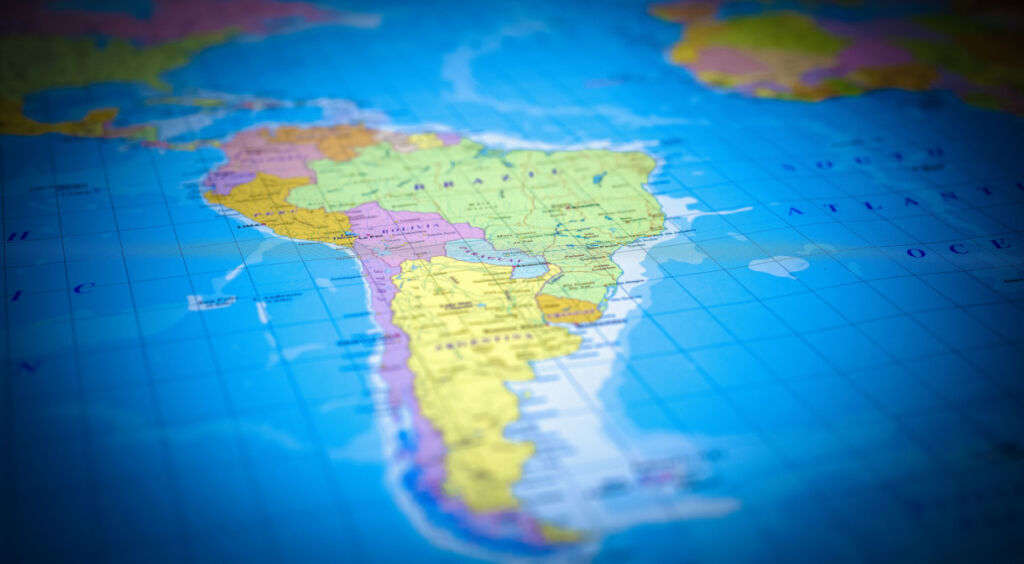El año 2008, en un discurso ante empresarios, el Presidente de Perú Alan García, expresó: “Admiramos y apreciamos a Chile, por su experiencia, por su concertación democrática, por su crecimiento, lo único que decimos es que queremos ganarle, queremos ser mejores…” Palabras que sacudieron el orgullo patrio y han llevado a Perú a ser una de las economías más dinámicas y con mayor crecimiento en la región.
Hasta 2013, Chile lideraba el ranking con el mejor ambiente de negocios en la región, por encima de Perú, Colombia y México, pero hoy está relegado al cuarto lugar, por debajo de estos mismos países. Si bien ello en parte reconoce el esfuerzo que han realizado varias economías por mejorar sus ambientes de negocios, la pérdida de liderazgo de Chile da cuenta particularmente de las malas reformas y de los anuncios de cambio en la dirección política. Y ello, ha llevado a un fuerte detrimento en el dinamismo de la economía chilena, donde en los últimos tres años el crecimiento ha promediado un exiguo 1,9%, muy por debajo del 5,3% alcanzado en los cuatro años previos.
El modelo de mercado implementado por Chile ha llevado al país a ser uno de los de mayor ingreso per cápita y de desarrollo humano de la región. Después de esta primera etapa de crecimiento, el país se debió encaminar en avanzar con reformas de segunda generación que apuntaran a encontrar, con los ajustes apropiados, el nivel de sintonía fina que se debe alcanzar en el marco regulatorio, en el perfeccionamiento institucional, y en corregir las distorsiones del mercado que surgen con el desarrollo.
Lamentablemente, los últimos años se han visto marcados por ideas de destruir lo existente, buscando instaurar modelos fracasados que buscan otorgar un mayor control e injerencia al Estado en la actividad económica y restringen la libertad de los ciudadanos.
El gran desafío de Chile está en ser más innovadores, mejorar la eficiencia y competitividad del país, y en avanzar en las reformas de segunda generación, otorgando más y no menos espacio a la iniciativa y emprendimiento del sector privado. Junto con ello, es importante cuidar la convivencia interna del país y el ambiente de negocios.
Ha sido gracias al modelo de desarrollo enfocado en el mercado que Chile es uno de los países de mayor ingreso per cápita de la región, y también por ello es que pudo acceder a ser miembro pleno de la OCDE.
El costo de malas reformas, como la tributaria, educacional y de otras que se han impulsado en los últimos años, junto a un clima de creciente incertidumbre y descrédito hacia la actividad empresarial, han llevado a sacrificar el crecimiento y la creación de buenos empleos. En esto, el país ha salido con un muy mal resultado y daño en el bienestar y seguridad de cada uno de los chilenos.
Para que Chile retome su liderazgo, debe avanzar en reformas de mercado que promuevan la inversión y el emprendimiento, donde los grandes beneficiados serán nuestros trabajadores.





